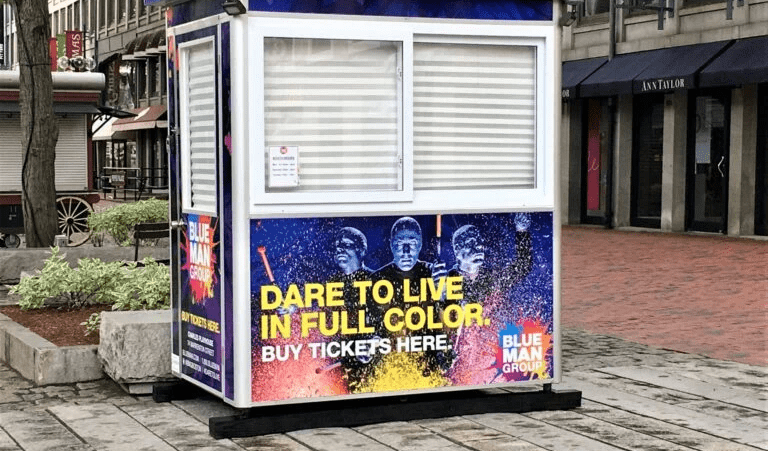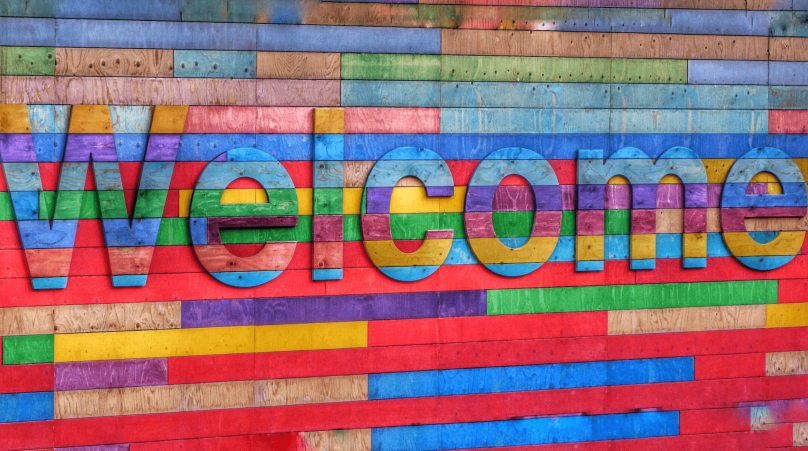Whether you are hosting a professional sporting event, a college pep rally, or a neighborhood festival, stadium security is a serious issue. Whether it is an alcohol induced disagreement that turns into a brawl, simple partying that gets out of hand, or a serious shooter issue, event stadium security planning is an important part of keeping people safe while they enjoy their outing.
Here we share some tips and reminders on how to organize and plan security for stadium events — from a small little league stadium to college and professional sports stadium full of people. Be in the know and learn more about how you can help everyone have a great time and run a successful event, while keeping everyone as safe as possible.
Tip #1: Start with The Basics
There is no substitute for the basics such as good fencing and other barriers, excellent lighting, a well-maintained space (free of debris, potholes, etc.), an effective and well-trained security team, stadium booth, and a well thought out security plan.
Walk the event space early in the planning process. Imagine that:
- You are an attendee just looking to have fun. What needs to be done to facilitate that fun?
- You are a troublemaker, there to make a problem. What needs to be done to prevent that from happening?
- Various serious emergencies break out (such as fire or an active shooter). What can you plan to mitigate those situations?
An ounce of prevention is worth a pound of cure. Planning for common and uncommon situations can help you and your team to be better prepared and respond appropriately in every situation.
Tip #2: Plan what Type of Security Checks You Need
Twenty years ago there was very little security at sporting events, but in modern times we simply can’t do without, we need top notch stadium security technology. Security is essential to keep people safe today, and part of that security is ensuring that people do not bring dangerous items into the venue itself.
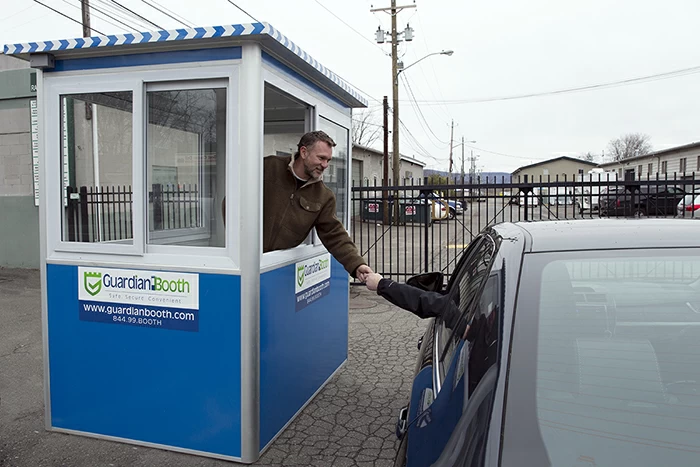
Every event and location has different levels of need. A little league baseball playoff in the suburbs may not need the same level of protection as a rock and roll concert downtown, due to location, attendees, size, and atmosphere of the event. Think through what type of crowd will be attending, what risk factors exist, and what level of security is reasonable and necessary.
Some events may not need any type of personal searches, while others might require metal detectors and x-ray machines. Some events limit what you can bring in, while others are more open. Make well-educated decisions based on your specific situation and the prefab stadium press box solutions you may require.
Tip #3: Secure the Perimeter around the Stadium
Event stadium security planning must include a plan to secure the area immediately outside the stadium as well as the interior.
Imagine a busy shopping mall at Christmas time. The owners do not decorate only the inside; they decorate the parking lot as well. They do not worry about insurance and dry floors only for the inside; they take care of ice removal outside as well. Getting people safely to your event means looking at the entire immediate area that every person must go through to get to the event, most importantly including the parking lots and walkways from the lots to the stadium.
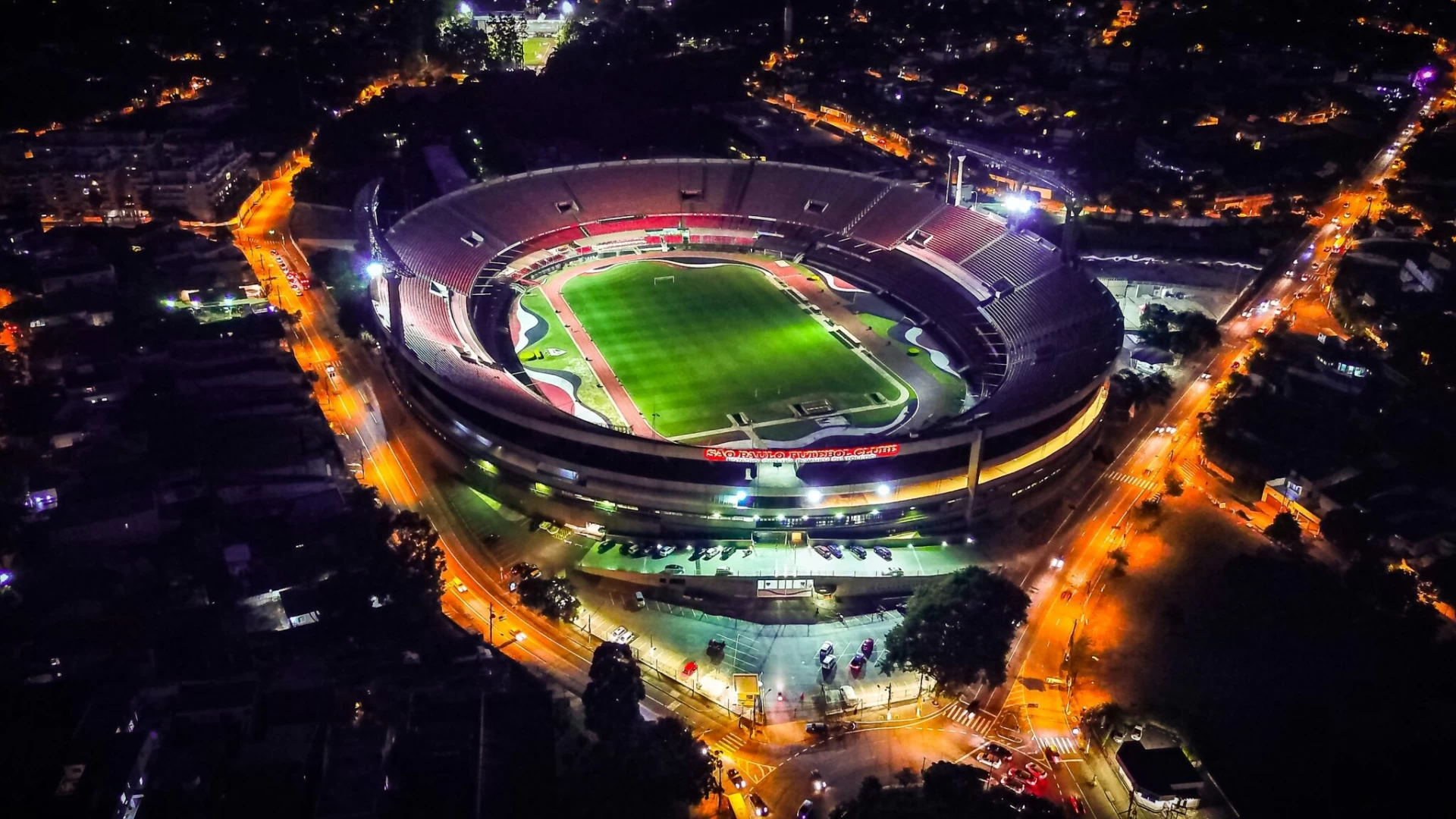
Ensure that you protect the parking lot with lighting, security cameras, a manned security guard booth, ample signage, and more. Walk the area before the event to determine what else you may need.
In addition to the areas immediately outside the stadium (such as sidewalks and parking lots), be at least a little aware of the areas a bit further outside, such as the nearest buildings, streets, and alleyways. While most of the time these areas will be of little concern, if the event you are holding happens to be polarizing (like a political rally) there could be protestors. In times of serious danger (such as a mass shooting), knowing the entrance, exit, and hiding spaces outside the venue can be invaluable. Having mobile guard booths stationed at every entrance to the facility can help you keep tabs on the world outside your zone, while also maintaining a visible presence along the perimeter.
Getting to know the people in the surrounding neighborhood can also provide a real advantage. Talk to the people and learn what issues they see, and what concerns they have. Build bridges by offering them jobs in the arena or occasional free tickets. They, in turn, may help keep you informed of potential and actual problems occurring on the outside.
Tip #4: Staff a Command Center
Many high-profile events today, such as NFL stadiums, are learning that having a well-staffed command center helps them handle all issues, small and large. A command center is a room, or a small building set apart from the event (such as a rental office booth) where supervisors of various departments gather to monitor video cameras and communications.
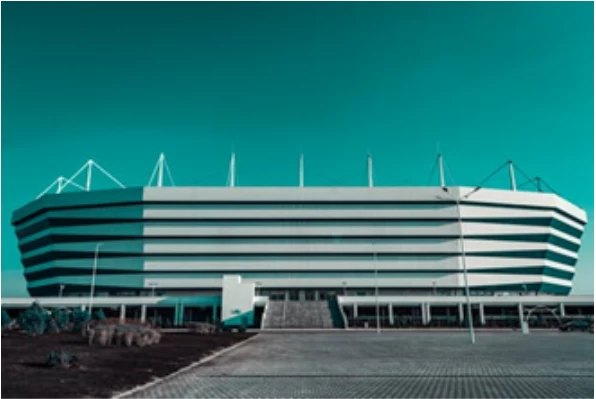
With really large events, or events that are likely to experience problems, having representatives from the stadium administration, security, local police, fire, medical, maintenance, parking, and concessions can be extremely beneficial.
Tip #5: Rent or Buy Security Booths in Advance
Having ample security booths on your property can be a deterrent and a help. They offer spaces for security guards to monitor video and communications, places for parking lot attendants to safely store money as vehicles enter, and so forth. They can also serve as your command center.
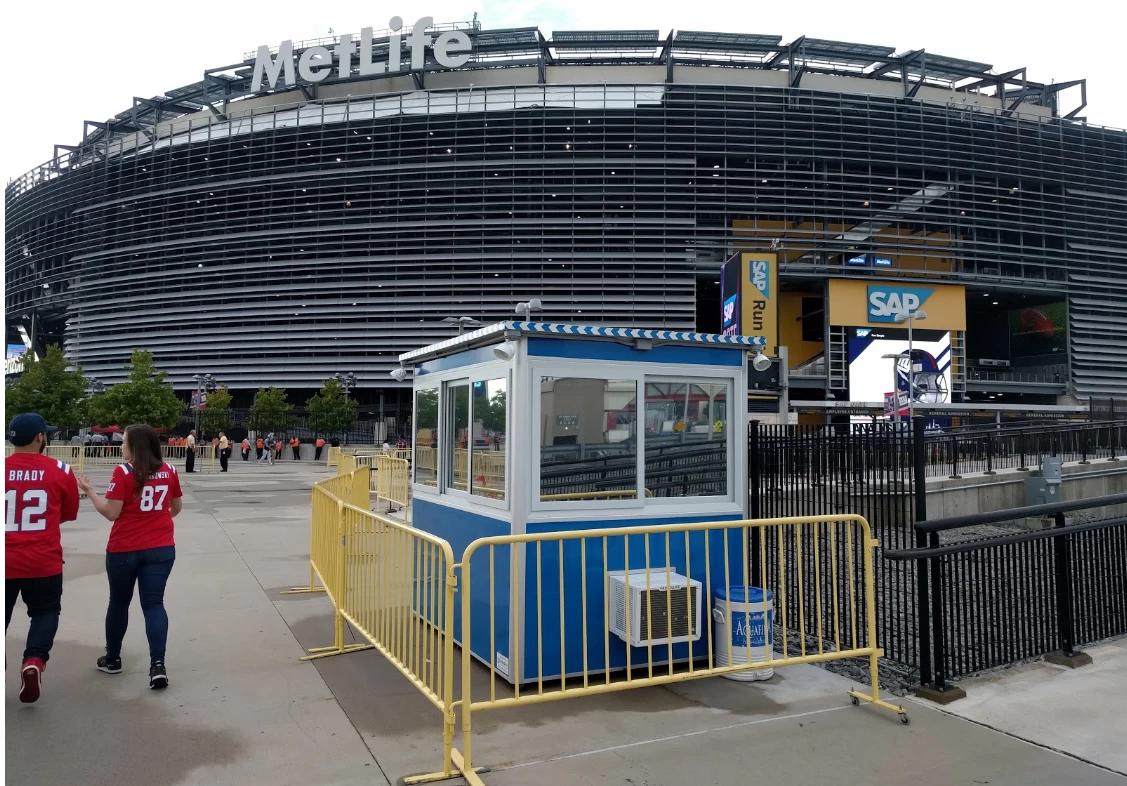
Talk to your booth supplier about rental or purchase options, and which is better for your event. Also, look into what booth features, add-ons, and upgrades might be available for new booths you order or booths that you already have and want to improve. Upgrades can include secured money drop slots, lighting, signage, security cameras, counters, bullet resistant materials, and more.
Tip #6: Look to Technology

The state of the art in security technology is improving every day. Many wireless systems exist today to help you remotely monitor all areas of the venue, inside and out. If money is not a serious concern, there are security companies and suppliers that can create amazing, automatic, intricate systems. But many do-it-yourself bargain options exist that can be very effective for smaller applications. For example, the Night Owl security system is wireless, expandable, and can include infrared night vision as well as audio, for a very reasonable price. The PC Magazines recommended Arlo security system as another great choice.
Tip #7: Keep Fan Customer Service in Mind
Through all this planning, remember that the goal is, of course, to keep everyone safe. But for the people attending the event, the goal of the stadium and venue experience is to have a good time.
Work your security in a way that it does not interfere with the enjoyment of the event for the attendees. This means having well-trained, friendly guards and staff, as well as good signage all around the area.
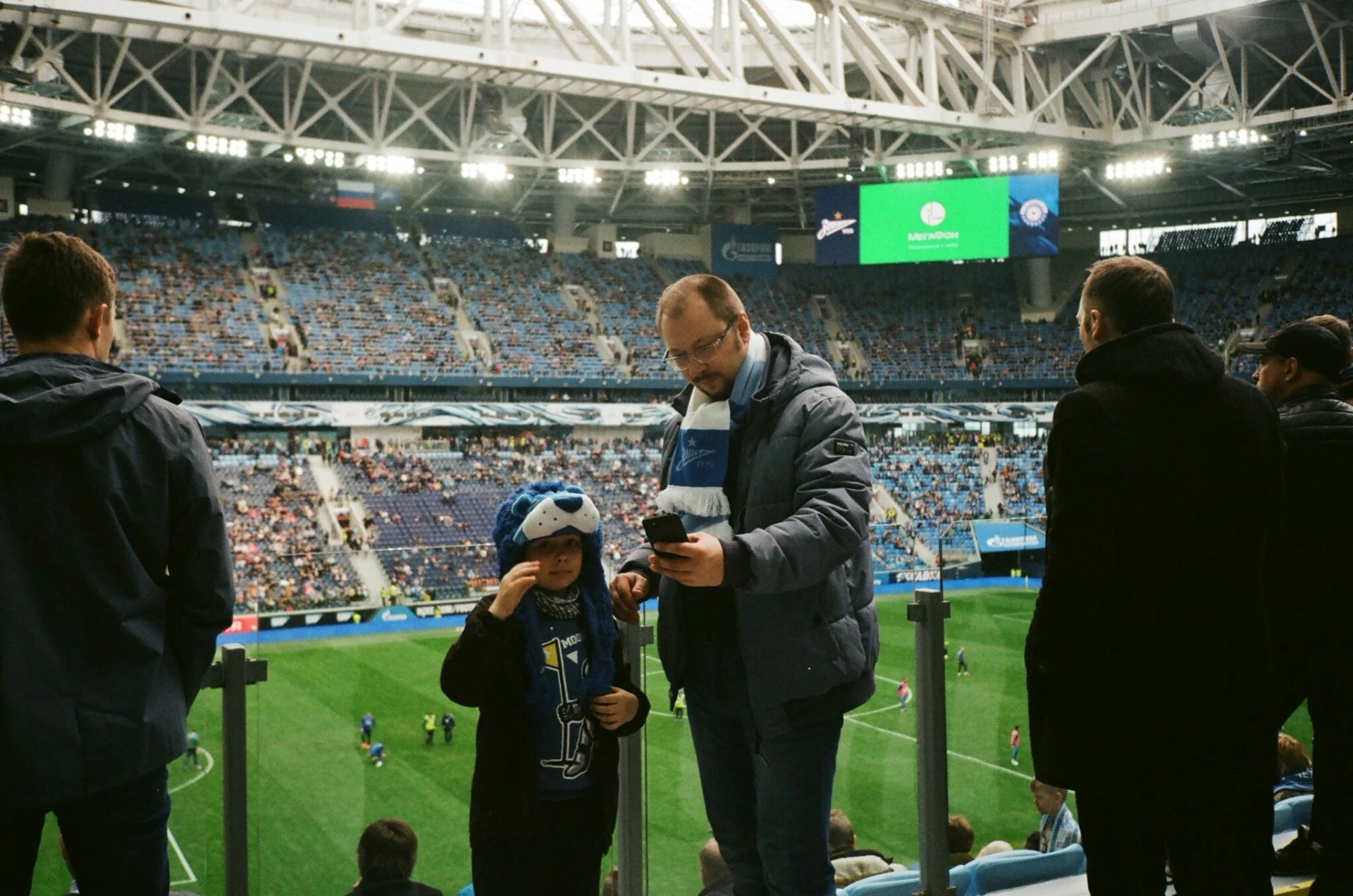
For example, you don’t want people to park far away or walk a literal mile to the stadium, only to learn that they cannot bring their bag inside and must surrender it or return it to their car. Print security guidelines on tickets or post it on the website, have signs all around the venue and on the parking attendant booths with the rules, and have people walking around informing attendees of the guidelines to be followed.
For inspiration, consider the Tampa Bay Buccaneers NFL team that clearly states their stadium bag policy on their website. Michigan State University, and others, have clear policies on their websites as well. But while the Buccaneers have a great website with the rules posted, there is not enough signage in the parking lot to inform customers of what is allowed and not allowed, leaving many unhappy fans reaching the metal detectors only to be turned away because their bags are too big. You can avoid this by having parking staff located in mobile parking booths that are equipped with signs detailing important rules.
Learn more about stadium and event security by checking out these informative articles:


